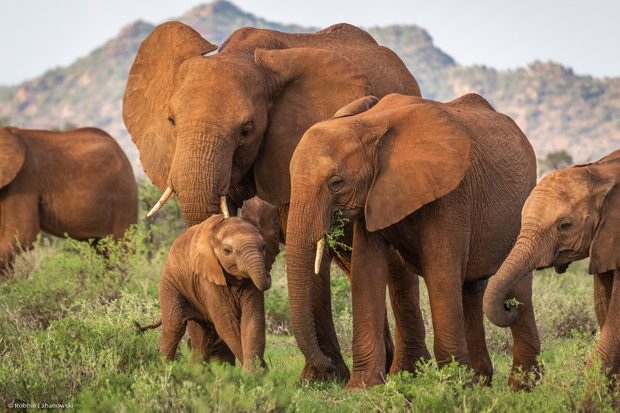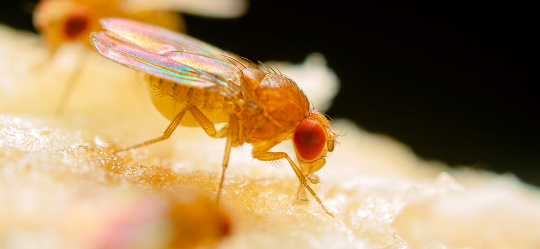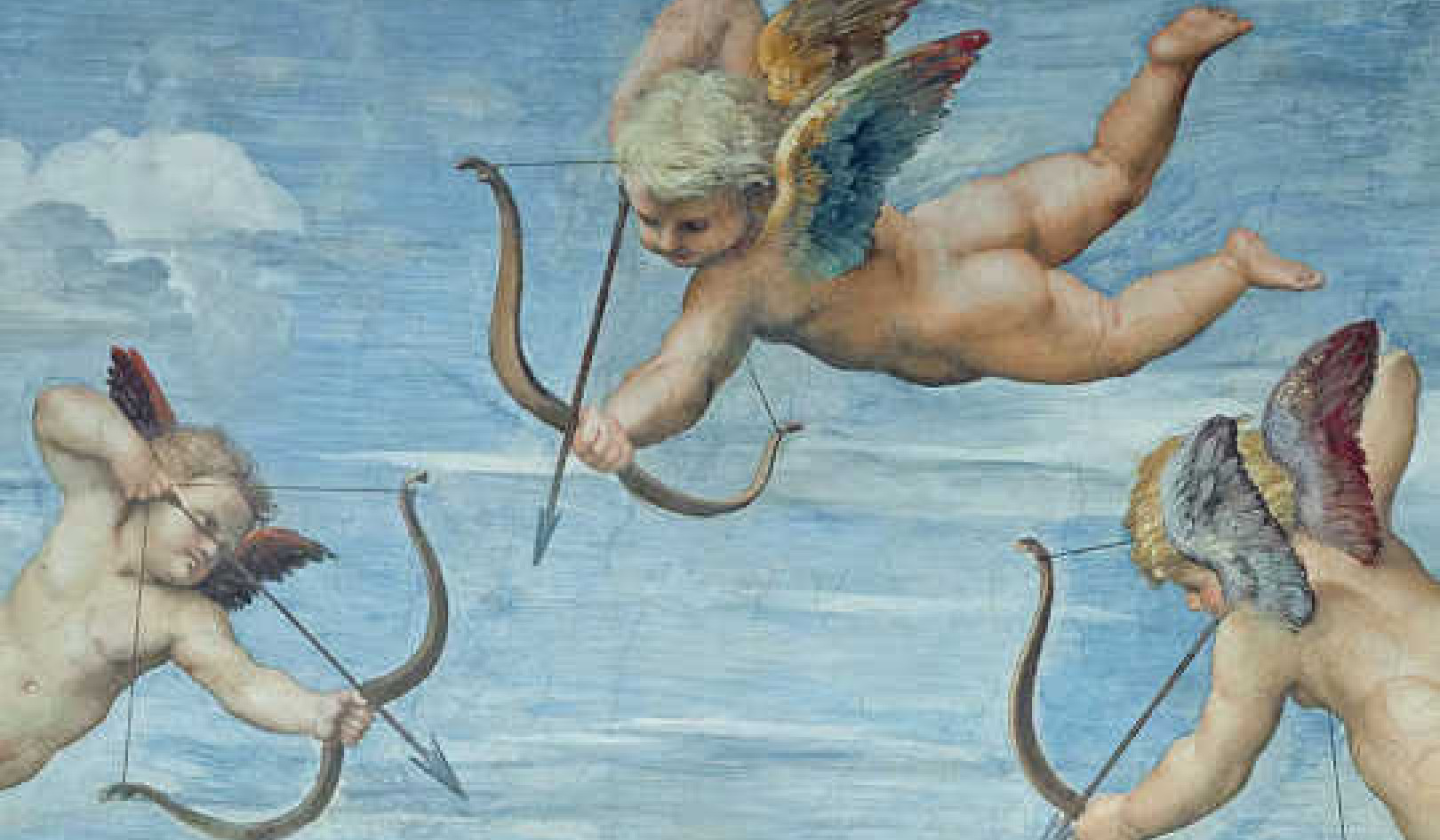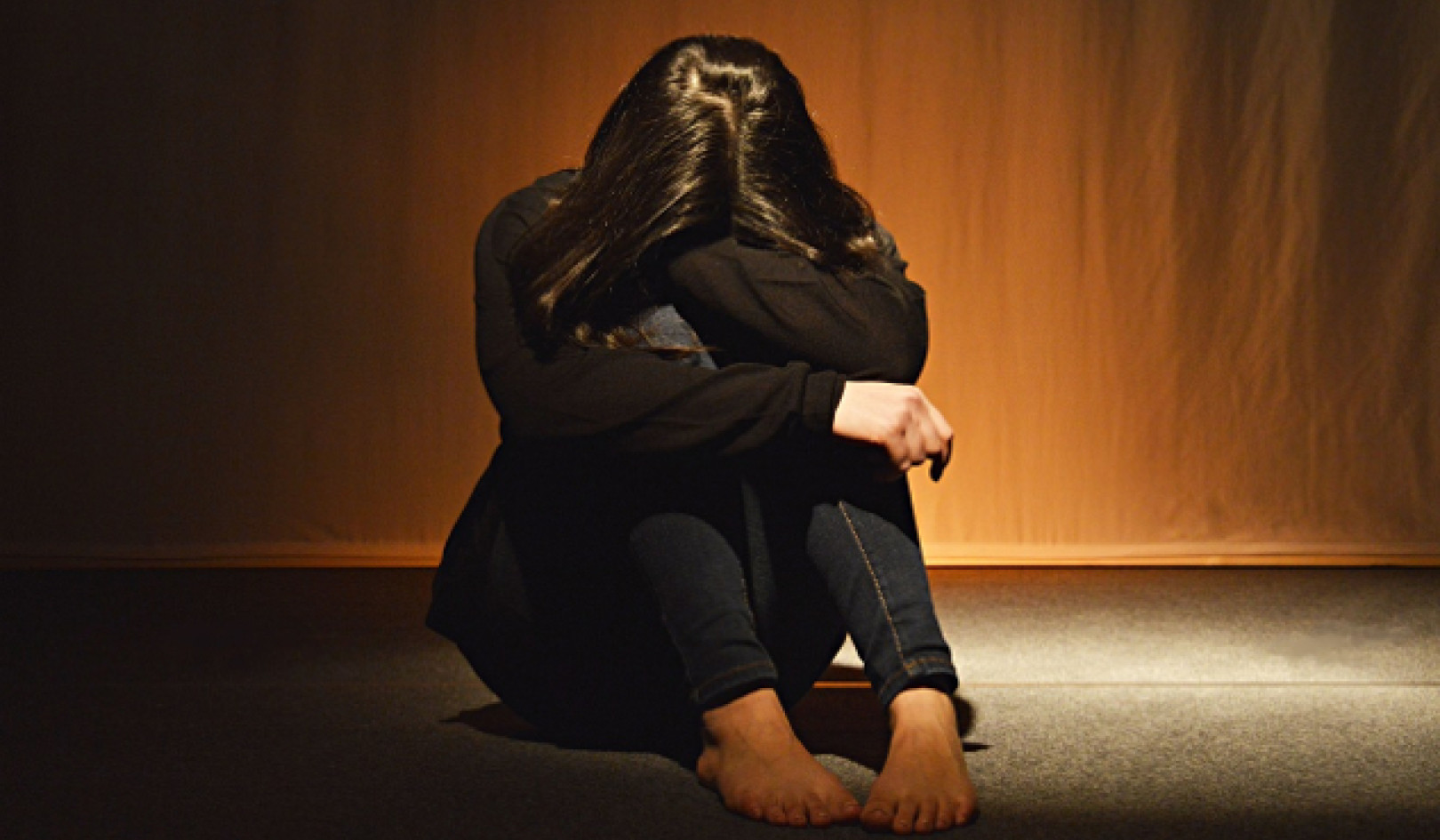Death, an inevitable aspect of life, is perhaps one of the most complex phenomena we encounter. It stirs profound emotions and existential questions, not just in humans but in many animals as well.
Animal Reactions to Death
The concept of mortality once thought to be solely human, is now understood to permeate the animal kingdom. Animals from chimpanzees to elephants to dogs exhibit reactions to the death of their kin that are eerily familiar to our expressions of grief.
Elephants, known for their profound social bonds, mourn the loss of their herd members in an unmistakably human-like manner. They may touch the deceased's body, trumpet loudly, and walk slowly, often seeking comfort in the presence of other elephants.
Similarly, dogs display grief and change behavior when they lose their owners. They exhibit signs of grief, such as sadness, separation anxiety, and changes in eating and sleeping habits.
Although different in their complexity and manifestation, these reactions underscore the profound impact that the experience of death can have on a sentient being.

Even fruit flies, creatures we rarely associate with complex emotions, exhibit signs of stress when exposed to their deceased peers. Recent studies have found that fruit flies who encountered dead peers aged faster, hinting at a profound impact of perceiving death.
Witnessing death tends to provoke a significant stress response regardless of the species involved. This reaction is not limited to humans alone; various animal species also display substantial changes in their behavior and health when confronted with death.
For instance, it is not uncommon for chimpanzees to exhibit signs of distress and altered behavior when they lose a close relative. Research at the Gombe Stream National Park in Tanzania revealed that chimpanzees who had witnessed the death of a close relative had a higher likelihood of dying within a year than those who hadn't. This suggests that seeing the death of a close one can significantly affect an animal's health and lifespan.
Physiological and Psychological Reactions to Death
The physiological and psychological reactions to death are significant and can directly impact lifespan. Studies have found that stress, especially chronic stress, can contribute to various health problems and potentially decrease lifespan. This reaction can be seen in the case of fruit flies that are exposed to dead peers.
According to some hypotheses, witnessing death can create a significant stress response leading to faster aging in these flies. This discovery raises a question: does the same hold true for humans?
Death's Toll on the Fruit Fly
Scientific research has started to unravel an intriguing yet grim aspect of the fruit fly's life: the drastic effect of witnessing death on its lifespan. Like many other organisms, fruit flies lead intricate, more complex lives than they might initially seem. They thrive in optimal conditions, with their natural life expectancy ranging from 40 to 50 days. This period allows for multiple mating cycles and the laying of several batches of eggs, contributing to the rapid multiplication of their population.

When fruit flies are exposed to the sight of their dead companions, they undergo a substantial shift in their aging process. This exposure acts as a catalyst for a potent stress response. Just as humans would find themselves overwhelmingly distressed in a sea of deceased fellow beings, fruit flies experience a similar reaction to the sight of their dead counterparts?`.
The stress response triggered by exposure to death in fruit flies isn't just mild discomfort or transient fear. It's a potent response that expedites their aging process, leading to a marked reduction in their lifespan. The intricacies of this response and the exact biological mechanisms it triggers remain a subject of ongoing research. However, the spectacle of death has a profound, tangible impact on these tiny creatures, altering their life trajectory significantly.
These findings about the fruit fly's reaction to death open new avenues of understanding the interaction between social experiences and biological processes. They offer a glimpse into how profoundly death—the most universal of all experiences—can affect living beings, no matter how small or seemingly simple they are.
Unmasking Human Mortality
Despite their complex cognitive abilities and profound emotional capacities, humans are not immune to the profound influence of mortality. While our responses to death may be multifaceted and layered, the underlying fear and apprehension are universal aspects of the human condition. From an early age, the awareness of death's inevitability seeps into our consciousness, instilling a sense of vulnerability that is impossible to shake off.
This awareness, however, is often too painful for us to confront directly. It looms large in the backdrop of our lives, a stark reminder of our mortality that we instinctively seek to shield ourselves from. As a result, we resort to forming various defense mechanisms—psychological strategies that help us cope with this challenging realization. These mechanisms serve as a protective layer, guarding us from the full brunt of our mortality.
Understanding the intricate ways the fear of death impacts our lives is a complex task that requires us to delve deep into the human psyche. However, acknowledging this influence is an essential step towards understanding ourselves better. By recognizing the role of mortality in shaping our lives, we can navigate our fears more effectively, leading to a more prosperous, more fulfilling existence.
Death anxiety and our defensive reactions to it permeate three distinct levels of our lives. Individual Level: Our reactions can result in withdrawal, fostering a self-nurturing and self-protective lifestyle. Interpersonal Level: Fear of death can trigger a retreat from intimacy and love and affect our relationships. Societal Level: This anxiety can lead to conformity, subordination to authority, and polarization against groups that differ from our own?.
From the simple fruit fly to the complex human being, the impact of witnessing death is profound and far-reaching. While we may not age as rapidly as fruit flies, death's psychological and emotional toll on our lives is undeniable. It influences our attitudes, behaviors, and even our societal structures. It reminds us of our mortality, inducing fear and catalyzing change. Witnessing the end of life can leave lasting trauma, even leading to mental health disorders like PTSD.
In a society where death has become a distant concept, often hidden behind hospital walls and spoken of in hushed tones, it's essential to understand and confront its impact. We must acknowledge its role in shaping our lives and, in turn, address the fear and trauma associated with it.
Just as the fruit fly can't escape the sight of its fallen companion, we cannot escape the inevitability of death. However, through understanding and acceptance, we can mitigate its unseen impact on our lives and continue our journey with resilience and wisdom.
Notes:
- The Impact of Death on Our Everyday Lives. Psychology Today. https://www.psychologytoday.com/us/blog/the-human-experience/201610/the-impact-death-our-everyday-lives
-
Can watching someone die cause PTSD?" Anxiety Boss. https://anxietyboss.com/can-watching-someone-die-cause-ptsd/
-
Ring neurons in the Drosophila central complex act as a rheostat for sensory modulation of aging https://journals.plos.org/plosbiology/article?id=10.1371/journal.pbio.3002149
-
Chimps Understand and Mourn Death, Research Suggests Live Science https://www.livescience.com/6335-chimps-understand-mourn-death-research-suggests.html
-
Do animals grieve? Live Science https://www.livescience.com/do-animals-grieve
-
Flies die sooner if they see dead flies New Scientist https://www.newscientist.com/article/2378079-flies-die-sooner-if-they-see-dead-flies/
-
These Flies Age Faster After Witnessing Death New York Times https://www.nytimes.com/2023/06/13/science/fruit-flies-death-aging.html
About the Author
 Robert Jennings is co-publisher of InnerSelf.com with his wife Marie T Russell. He attended the University of Florida, Southern Technical Institute, and the University of Central Florida with studies in real estate, urban development, finance, architectural engineering, and elementary education. He was a member of the US Marine Corps and The US Army having commanded a field artillery battery in Germany. He worked in real estate finance, construction and development for 25 years before starting InnerSelf.com in 1996.
Robert Jennings is co-publisher of InnerSelf.com with his wife Marie T Russell. He attended the University of Florida, Southern Technical Institute, and the University of Central Florida with studies in real estate, urban development, finance, architectural engineering, and elementary education. He was a member of the US Marine Corps and The US Army having commanded a field artillery battery in Germany. He worked in real estate finance, construction and development for 25 years before starting InnerSelf.com in 1996.
InnerSelf is dedicated to sharing information that allows people to make educated and insightful choices in their personal life, for the good of the commons, and for the well-being of the planet. InnerSelf Magazine is in its 30+year of publication in either print (1984-1995) or online as InnerSelf.com. Please support our work.
Creative Commons 4.0
This article is licensed under a Creative Commons Attribution-Share Alike 4.0 License. Attribute the author Robert Jennings, InnerSelf.com. Link back to the article This article originally appeared on InnerSelf.com
books_death




























